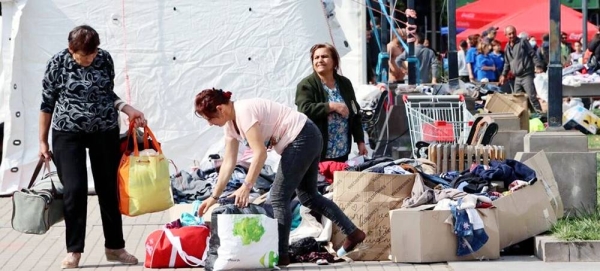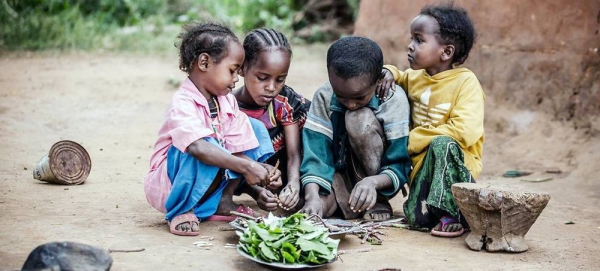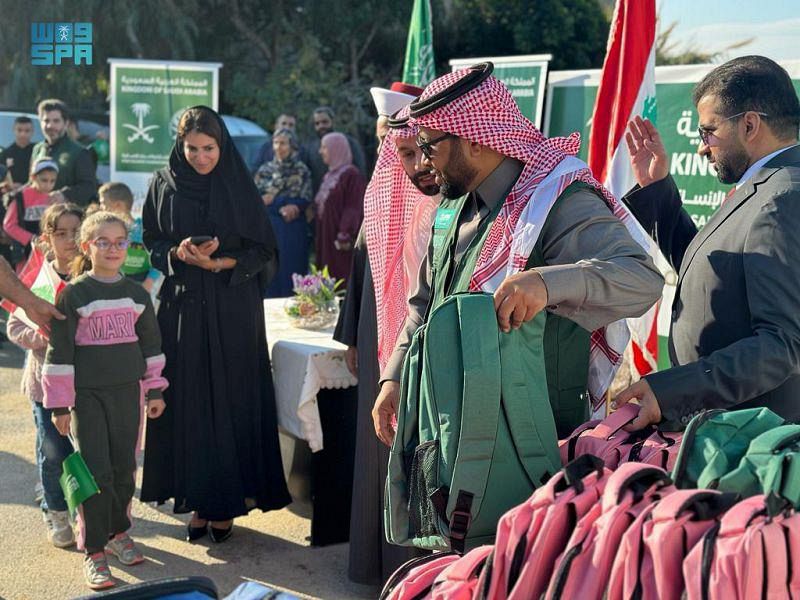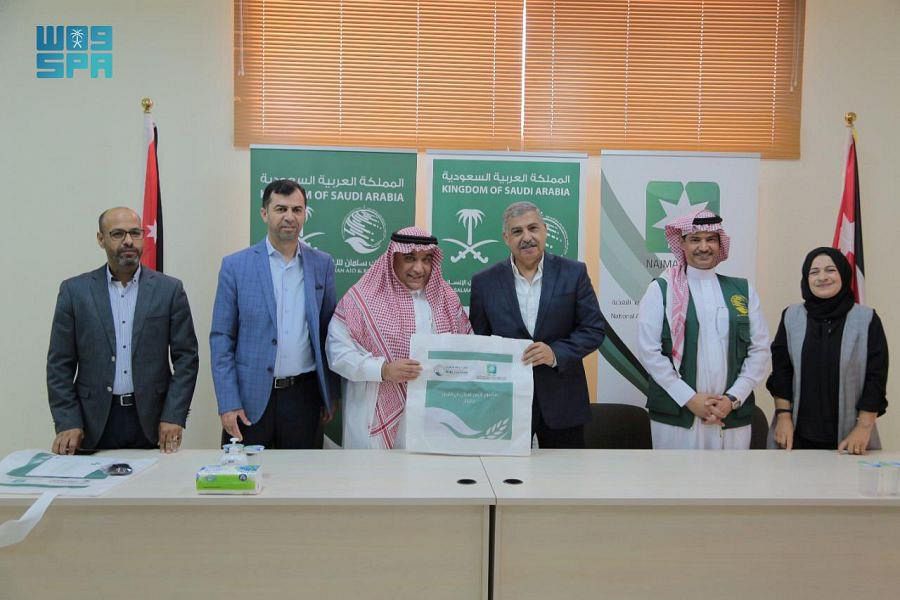
BEIRUT: The UN on Wednesday launched a special international appeal for $1.6 billion to help improve living conditions for Palestinian refugees in crisis-hit Lebanon.
Philippe Lazzarini, commissioner general of the UN Relief and Works Agency for Palestinian Refugees in the Near East, made the donations plea for “vital humanitarian assistance” as part of the agency’s focus on this year’s “funding requirements and priorities.”
Addressing a press conference at the UN’s Beirut office, he said: “UNRWA is seeking to obtain $1.6 billion from the international community in 2022 to support Palestinian refugees.
“This funding will enable UNRWA to cover the needs of millions of Palestine refugees and provide them with vital lifesaving services and programs, which include education, health, and food aid, as well as additional emergency funding to meet the humanitarian needs arising from crises in Gaza, the West Bank, Jerusalem, Syria, and Lebanon,” he added.
The appeal came in the wake of an open sit-in carried out by dozens of Palestinian refugees in front of the UNRWA headquarters in the Lebanese capital. The demonstrators have been protesting the agency’s decision to cancel a rental allowance for Palestinians displaced from Syria to Lebanon during the Syrian war.
They set up a tent dubbed Tent 194, in reference to the international resolution that stipulates the return of Palestinian refugees to their homes.
The number of Palestinian refugees displaced from Syria to Lebanon had decreased from more than 40,000 to 18,000, according to a census by the Palestine Liberation Organization.
Some had returned to Syria, while others had legally migrated from Lebanon to Europe, specifically in the context of family reunification, and a number had drowned off the Lebanese coast while trying to escape by boat.
Lazzarini said: “UNRWA is facing a chronic funding shortfall that undermines its efforts to provide humanitarian support to some of the most vulnerable refugees in the world, whose needs are constantly increasing, while the COVID-19 pandemic continues to pose serious health risks and exacerbate economic difficulties across the region.
“An estimated 2.3 million Palestinian refugees are now believed to live in poverty. Anguish and despair prevail among the Palestinian refugees, and many in Gaza, Syria, and Lebanon have expressed their willingness to use any means to try to emigrate outside the region,” he added.Palestinian refugees in Lebanon, similar to Lebanese citizens, are having to contend with the fallout from the country’s economic collapse.
Hisham Debsi, director of the independent Palestinian center Tatweer for Strategic Studies and Human Development, told Arab News: “There is no food crisis in the Palestinian refugee camps because more than 16,000 Palestinians receive their salaries from the PLO in US dollars, and employees of UNRWA and Islamic organizations in the camps receive high salaries in US dollars.
“A large number of refugees receive social benefits in US dollars, and those who are not paid by the Palestinian factions, are provided financial assistance by the active Palestinian civil society organizations.
“Refugees struggle with health and educational services. The beds allocated to UNRWA in hospitals in various Lebanese areas are limited, and the Palestinian health insurance is limited to Red Crescent hospitals, whose health services the refugees find questionable, and the UNRWA budget, as it claims, does not allow it to increase health coverage.
“The greatest harm is in the education sector because UNRWA services do not cover all tuition fees, so schools are being merged, which leads to overcrowding, thus resulting in a decline in the educational services,” he said.
The biggest issue being faced by the latest generation of Palestinians has been a lack of job opportunities. Debsi noted that a Tatweer study had found that most young Palestinians were looking to immigrate to a third country to obtain another nationality that would secure them a better life, while many no longer had plans to return to Palestine.
“These young people have recently launched movements in search of resettlement in a third country. They succeeded in collecting the files of 10,000 Palestinian youth, and they delegated a group on their behalf to transfer their files from the UNRWA to the UN High Commissioner for Refugees as individuals who want to emigrate and not as Palestinian refugees.
“This action has provoked the Palestinian factions, that tried to suppress these movements,” Debsi added.
Ayham Sahli, an assistant researcher at the Institute for Palestinian Studies in Lebanon and an activist for Palestinian refugees who fled from Syrian to Lebanon, told Arab News: “The reduction in the UNRWA budget allocated to Palestinian refugees who fled from Syria to Lebanon was unjustified. It reduced the aid from $115 per person to $25, citing lack of funding.
“Not all Palestinian refugees in Lebanon receive aid; many suffer under extreme poverty, especially those who are not affiliated with any Palestinian faction and are not in contact with any civil society organization.”











